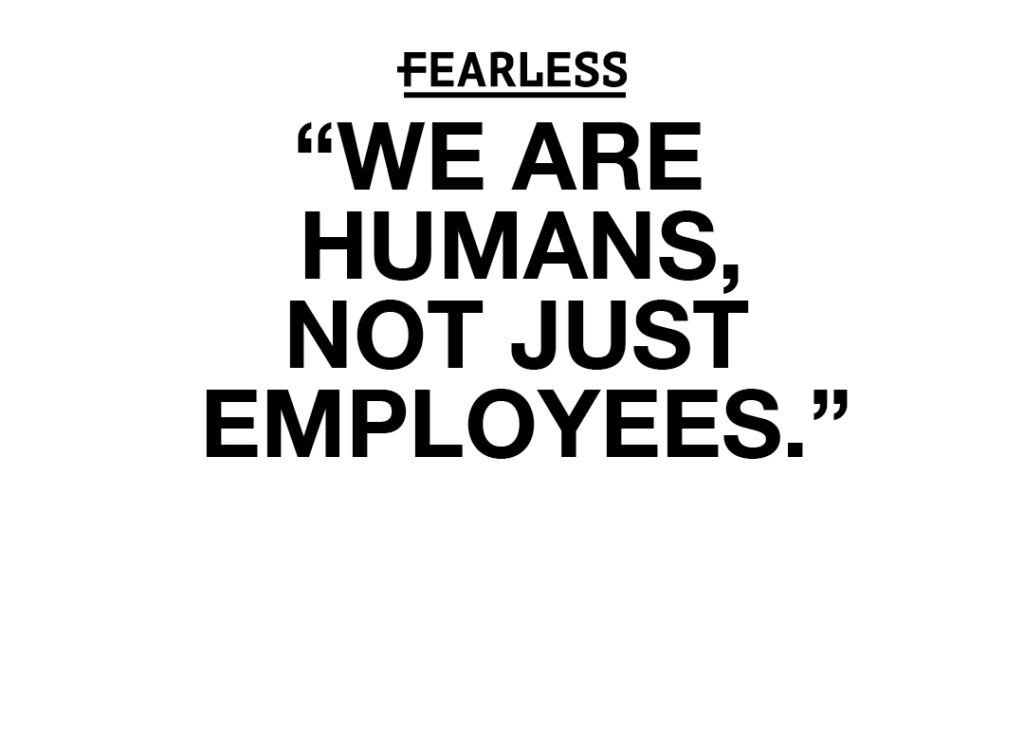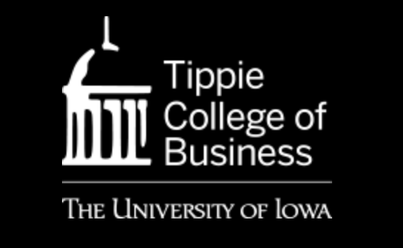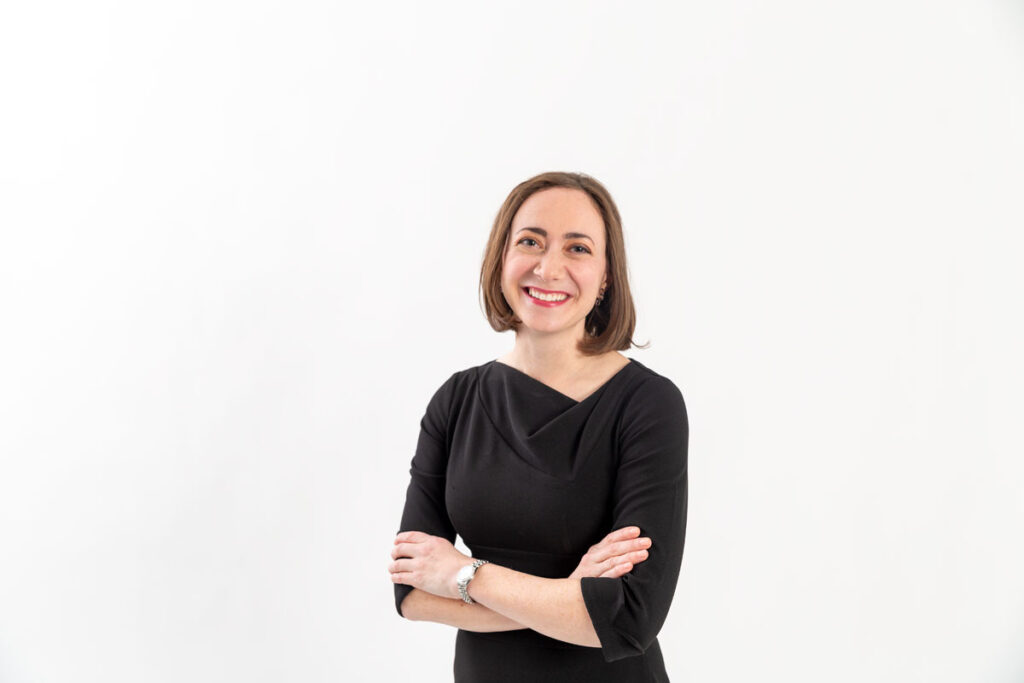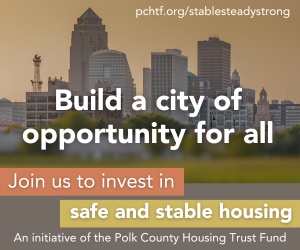Educating conscientious leaders
How Drake’s business college is focusing on social impact
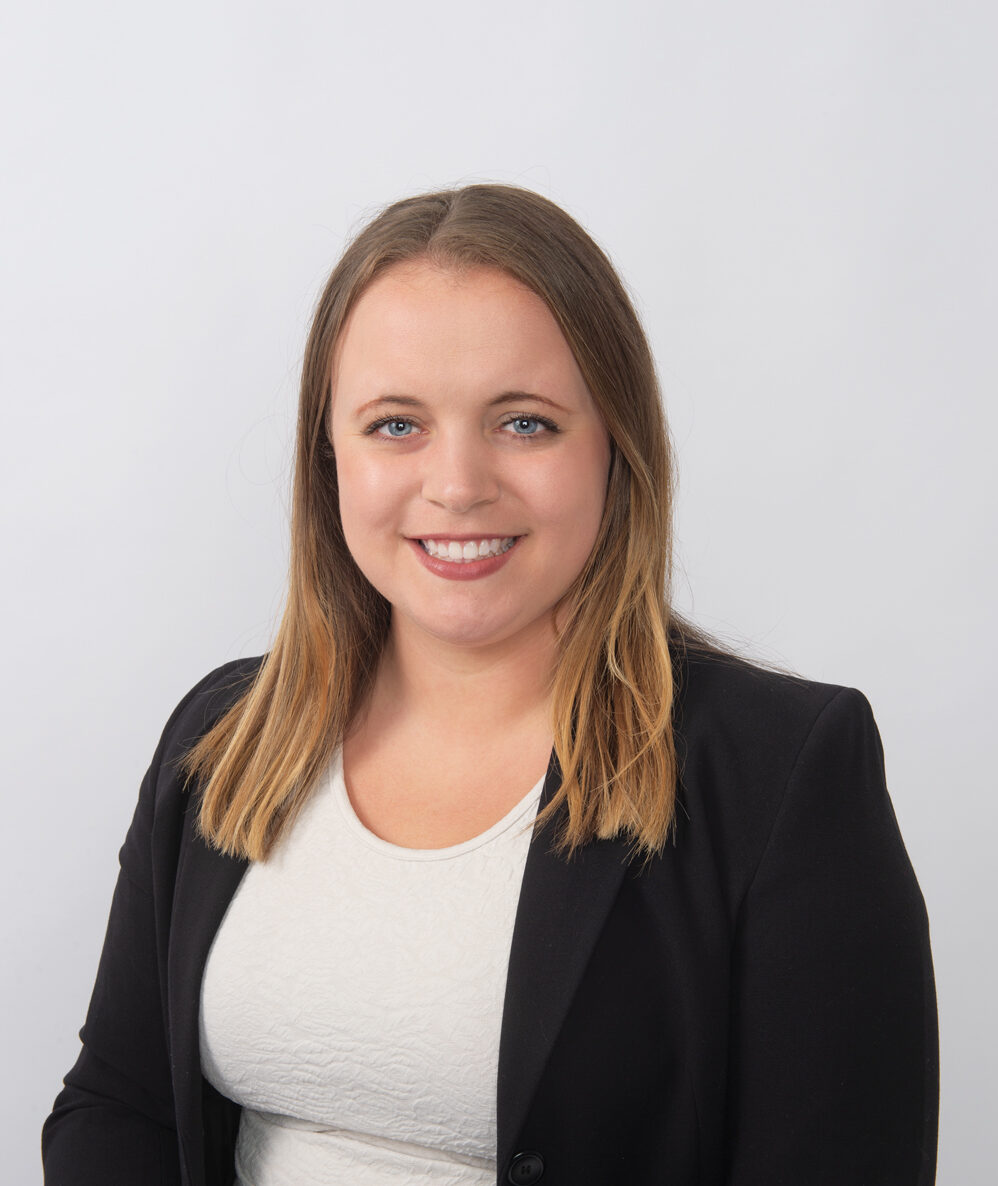
Emily Barske Wood Apr 12, 2024 | 6:00 am
8 min read time
1,890 wordsBusiness Record Insider, Diversity, Equity and Inclusion, EducationAcross the country, business schools are integrating conversations into their curriculum about corporate social responsibility, sustainability and empathetic leadership. The markets, and the next generation of leaders seeking a business education, are prioritizing corporations that think closely about conscious capitalism.
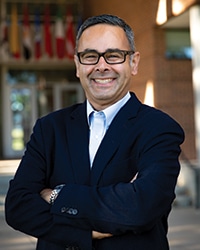
Drake University’s Zimpleman College of Business wants its programs to stand out for its focus on social impact. The college’s leaders see it as a vital business issue, one the school’s dean, Alejandro Hernandez, is personally passionate about. He is a first-generation American from Chile, the first in his family to graduate from a four-year institution and the first Latino to serve as a dean at Drake.
When Hernandez began his career, corporate social responsibility was viewed as something that was the right thing to do for ethical reasons. “But increasingly, it’s become something that’s viewed as a competitive advantage because people want to work for companies that align with their values. Employees want to be able to know that the work they’re doing is meaningful. Consumers or clients also want to work with companies that are likable.”
With the shift, the power and responsibility of the private sector has grown, Hernandez said. There are many companies that are larger than some country’s economies, and he said there are times when the private sector can “transcend borders with our business in a way that governments can’t.”
“I think you saw that in the wake of Hurricane Katrina several decades ago. Where FedEx and Walmart and their logistical capabilities far outstripped what the government agencies could provide,” Hernandez said. “In many cases, they’re able to deliver needed materials or, in some cases, make their physical locations available for use by local authorities to be able to deal with a catastrophe of that size.”
The school began surveying its students last year for the Positive Impact Rating, which allows students to judge their business school on how well it is creating a purpose-driven education and aligning with the United Nations Sustainable Development Goals. In the most recent survey, Drake students rated the college a Level 4, the “transforming schools” category and the second-highest tier. Only a few U.S. schools were ranked at that level, and none were ranked in the highest tier.
Drake senior Marguerite Stoffel has been integral in getting students connected to the survey and other social impact work. She came to Drake knowing she wanted to study business, but she also fell in love with the Des Moines community and got involved with several organizations and nonprofits. She met with Hernandez and asked the question, “How do I blend my passion for community with business?”
When Stoffel learned of Hernandez’s vision to focus more on social impact, he asked if she wanted to work with him to pursue those goals. That’s when she became the business school’s social impact student liaison.
“A sentiment that I’ve really seen among students is that we want to feel like we’re connected to our communities through our work, and that work isn’t separate from our values anymore,” Stoffel said.
Hernandez said the students have given great feedback on both areas of improvement and strengths through the Positive Impact Rating survey.
Among its areas of growth, the students feel the college could do more to communicate about its focus on social impact, Hernandez said. The school’s leaders also felt they needed to be specific about their areas of focus, he said. Based on the student feedback, they identified three key areas of impact: the social mobility that a college degree provides, creating an ecosystem of mission-driven businesses and the theory of financial inclusion.
As a first-generation college student himself, Hernandez said he relates to the students who don’t have a reference point on what the college experience will be like.
“We’re centering in on first-generation students, ensuring that not only are we recruiting them but retaining them to graduation, and recognizing that if you don’t have a legacy of college in your family, it’s a different experience,” he said.
Hernandez is thankful a number of donors feel this demographic of students is an important target for scholarships, and he hopes to pair the opportunities with other initiatives across the university.
Drake’s Business Clinic is a key initiative for the college’s goal to create an ecosystem of mission-driven businesses. Drake employees and students, as well as community members, can build a business plan, secure investments or produce prototypes through the clinic.
“As an anchor institution, we have a responsibility to be of the community and to provide services for everyone,” he said.
The last area of focus – financial empowerment – is driven by local industry and student need.
“Given the number of financial services firms that are in Des Moines, all of them have an interest of including more members of our community into mainstream banking services so that they’re being served in a way that’s equitable and sustainable,” Hernandez said. “We want to do that. We also know a lot of our students are going to be entering the workforce. For many of them making substantial amounts of money, it may be the first time they’ve had to manage assets and we want to make sure they’re prepared for that.”
Many workforce leaders are currently grappling with how to best use business influence for good, and this is only going to continue.
“It’s a here-and-now challenge and an opportunity to make your company viable and sustainable in various dimensions,” Hernandez said. “Clearly it’s going to be central for the future students’ success, and that’s what we’re working on here.”
Here are a few takeaways from the Business Record’s conversation with Hernandez about how the business school focuses on social impact.
The focus on social impact comes from market demand.
Nationally, diversity, equity and inclusion topics continue to be hot-button issues in the public and private sectors. Various lawsuits have been filed and legislation has been proposed in attempts to dismantle different DEI initiatives, which has caused some institutions to pause social impact work related to equity. But Hernandez feels corporate social responsibility and workforce inclusion efforts aren’t going to go away anytime soon, especially given projects that the percentage of people of color and immigrant workers in the U.S. workforce will continue to increase in the coming decades.
“The market reality is really that by the time many of our students are prepared to enter the workforce, there is going to be a workforce that is more diverse than not … ,” he said. “Whatever your dimensions of difference are, you’re going to be dealing with folks who have different dimensions of difference. … [Today’s students are] recognizing that the marketplace has changed in terms of human capital, and they’ve got to be able to lead in this more diverse environment.
Social impact is embedded within several different courses.
In Drake’s accounting courses, students are exposed to sustainability reporting. The management degree program has a resiliency and sustainability track. The college has a project management course where students execute fundraising programs for local nonprofits. In various classes, Hernandez said, “in the course of learning, they’re also having that chance to see where the impact is.”
The school is specifically recognizing work with social impact.
The college started a technology platform that has become available to the entire campus. It allows students to both log their volunteer hours and find new volunteer connections.
“We had a number of students who were engaged in community service, and there wasn’t a formal way to recognize that so we initiated a ‘Dean’s Honor Roll for Social Impact,’ so that students who volunteered at least 20 hours during a semester and reflected on that either meeting with me or submitting a written reflection would be placed on the honor roll.”
Stoffel, the social impact student liaison, is responsible for helping students find volunteer opportunities and checking the online portal, where students can log their hours, to see who has met the requirements for the honor roll.
The school is also giving social impact awards to faculty and staff. The employees can apply and have their work, whether it be research or outreach, reviewed; those who are deemed to be exceptional are given recognition and also financial incentive, Hernandez said. “It’s also generated some momentum for other faculty and staff to think about future research in their pipeline,” he said. “The ability to incentivize that work really helps.”
The younger generations want to work for companies that align with their values.
There is a general theme of students seeking employers who understand the importance of inclusion internally and externally. For example, many students who hope to work for a professional financial services firm expect that their employer will work to serve communities that historically have not been served, Hernandez said. A business’s values are key to recruiting and retaining employees. There’s also a trend toward authentic leadership that requires skills like empathy, active listening and consistency.
“You often emphasize different aspects of your business under different market conditions, but those leaders that can be consistent and go back to the values that are core and fundamental to their business, those are going to be seen as authentic and you’re going to be attractive to that younger generation of employees,” he said.
In recent years, there has been a major debate about whether business leaders should speak publicly about various social issues.
“I think there is an expectation among students that leaders will have opinions,” Hernandez said.
But he feels those leaders need to be relevant to the subject at hand, because when a leader starts to stray from their “particular area of expertise, then it starts raising questions about the reason why a particular business leader is speaking on a subject that’s not germane to them. We’re seeing that play out in a couple of different stories currently, where there’s some backlash on that.”
Most importantly, businesses need to be clear on their values, he said. Businesses, like other sectors in society, have stakeholders with varying views. He said organizations should use their “values as the tiebreaker should there be two points of view that are so divergent that you need to make a decision.” But, most importantly, organizations must put their money and actions where their mouths are.
“Younger generations of employees are very quick to suss out the difference between statements of purpose and actions of purpose,” Hernandez said.
Social impact is another way businesses distinguish themselves.
It’s important that businesses be able to strategize how social impact fits in with their business model, Hernandez said. For businesses to stand out, they not only need an excellent product or service, he said, but they need to connect it to a narrative about why they do business.
“Societal impact is a great way to do that because people see the connection,” he said. “You think about Patagonia, they make great and very exclusive outdoor gear, but they’re very clearly doing that with the intent of saving the planet … and people pay a price premium for that product.
“Think of BLK & Bold coffee and the way they do their business – sourcing the beans ethically from African small coffee growers, taking a part of their proceeds and putting it into youth development programs. [They are] very intentional in their work, and it’s really good coffee.”

Emily Barske Wood
Emily Wood is special projects editor at Business Record. She covers nonprofits and philanthropy, HR and leadership, and diversity, equity and inclusion.




